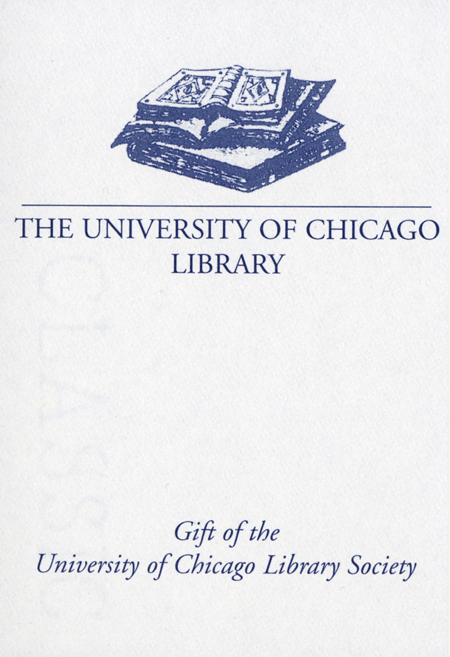Review by Booklist Review
Dunbar (These Gentle Wounds, 2014; Boomerang, 2018) introduces readers to Michael, a young man whose family is in a state of disarray: his brother Connor has been kicked out of the house after dramatically coming out during his high school graduation, his father is the epitome of toxic masculinity, and his mother remains distant and withdrawn. Michael spends most of his time with his friends Becky and James (and eventually a young man named Gabriel) or at The Echo, dancing and trying to forget everything: his father, his assignments, the emerging AIDS crisis, and whether or not he will ever have the ability to truly be himself. The overall narrative told through a series of brief vignettes is sometimes overly simplistic, especially considering the tumultuous and complicated historical context, and discussions of sexuality feel unnecessarily sanitized. Nevertheless, Michael's journey of growth and self-acceptance, with all its drama, confusion, and raw emotion, is one that many teens will be able to identify with, particularly due to the accessible prose, which ensures appeal to many readers regardless of sexuality or gender.--Rob Bittner Copyright 2019 Booklist
From Booklist, Copyright (c) American Library Association. Used with permission.
Review by School Library Journal Review
Gr 9 Up--The year is 1983. When Connor came out publicly at his graduation, his father kicked him out. Now his younger brother, Michael, is trying not to make waves as he counts down the days until he graduates from high school. The AIDS epidemic is on the rise, and the gay community of New York is reeling with fear. Michael finds himself falling in love with Gabriel, whom he meets at a club, but he isn't sure if he's ready to commit to a relationship or come out. The setting of this book is historical enough that today's teen readers will not have lived through that time but recent enough that they will not likely study it in school. The slow pace of the plot places the focus on the characters. However, characters are mostly flat and underdeveloped by the conclusion, and Michael remains a nearly invisible character in his own story. While it is true that there is a dearth of young adult novels about the AIDS crisis, readers may wish to wait for a more compelling story before filling that gap. This book may resonate more strongly with adult readers of YA fiction who were alive in the early 1980s. VERDICT A suggested purchase for libraries housing a special collection of LGBTQ+ works. For most libraries, give readers Robin Talley's LGBTQ+ historical fiction or Adam Silvera's novels.--Jenni Frencham, Indiana University, Bloomington
(c) Copyright Library Journals LLC, a wholly owned subsidiary of Media Source, Inc. No redistribution permitted.
Review by Kirkus Book Review
Teens in 1980s New York City navigate adolescence in the wake of the AIDS crisis. When Michael's older brother, Connor, came out to their Catholic parents, their father kicked Connor out. At 16, Michael keeps his sexuality secret in fear of the same fate. Michael could move out and go drinking and dancing every night with his friends at The Echo and "forget, forget, forget." But, in the shadow of the "gay plague," he asks: "How do I live my life without becoming a statistic?" As people around Michael get sick, he struggles to balance his desire for liberation and the consequences that may come with it. Dunbar (Boomerang, 2018, etc.) painstakingly populates the narrative with 1980s referencesparticularly to musiccreating a vivid historical setting. However, occasional contemporary phrases like "All the things" do slip in. With characters that veer toward archetypes, the text seems more history- than character-driven. Nonetheless, the racially and religiously diverse cast, emphasis on safe sex practices, and careful maneuvering around queer plot tropes offer a compelling, teen-movie-esque portrait of the times. Dunbar's lack of quotation marks in dialogue augments Michael's strong first-person voice, matching the sense of immediacy brought by the author's vignette style. The afterword with reflections from three activists provides real-life historical context. Michael and his family are coded as white.A painful but ultimately empowering queer history lesson. (afterword) (Historical fiction. 13-18) Copyright Kirkus Reviews, used with permission.
Copyright (c) Kirkus Reviews, used with permission.
Review by Booklist Review
Review by School Library Journal Review
Review by Kirkus Book Review

